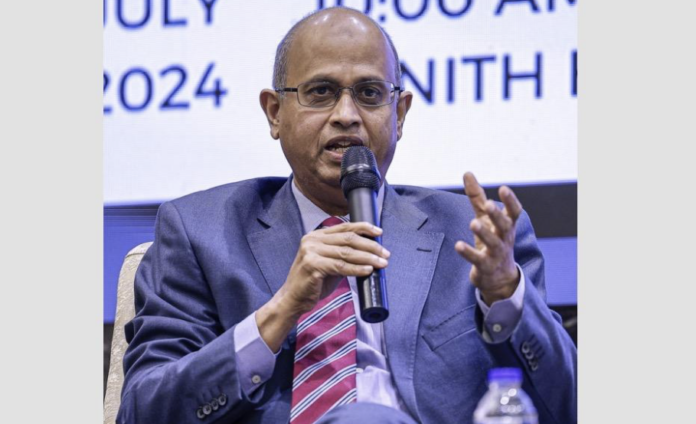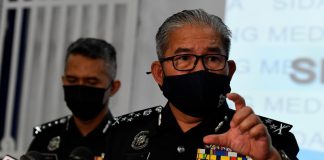PUTRAJAYA, July 12 – Malaysia, set to take the helm as ASEAN Chairman next year, should take the lead in spearheading significant reform in the approach to negotiating the South China Sea Code of Conduct (COC), says a former diplomat.
Datuk Dr Ilango Karuppannan, an Adjunct Professor at Universiti Malaya and a member of the Association of Former Malaysian Ambassadors (AFMA), said the move could restore confidence among ASEAN member countries, particularly the Philippines, which has expressed concerns over the current negotiation direction.
As the upcoming ASEAN Chairman, he said Malaysia should advocate for the reformed approach, emphasising the importance of a united ASEAN that respects the unique positions of claimant states while maintaining overall regional solidarity.
“By taking these steps, Malaysia aims to play a crucial role in reforming the COC negotiation process, ensuring that the interests of the claimant states are adequately represented and that ASEAN as a whole presents a united front in its dealings with China.
“This strategic reformation underscores Malaysia’s commitment to regional stability and cooperation, setting the stage for more effective and focused negotiations in the South China Sea, a region of significant geopolitical importance,” he said at a forum on The Future of ASEAN Under Malaysia’s Chairmanship on Thursday.
ASEAN members include Brunei, Cambodia, Indonesia, Laos, Malaysia, Myanmar, the Philippines, Singapore, Thailand and Vietnam.
The ASEAN claimant states in the South China Sea, a strategic and resource-rich area subject to overlapping territorial claims, are Vietnam, Malaysia, the Philippines, and Brunei.
ASEAN and China have been negotiating the COC for years, with hopes of managing and resolving disputes peacefully and maintaining stability in the region.
However, negotiations have been slow and challenging due to the differing national interests and the complexities of the overlapping claims.
Karuppannan has proposed a two-step process to streamline negotiations and present a united front.
“The process will start with exclusive discussions among the ASEAN claimant states before involving the rest of the ASEAN members.
“We need to reformat the negotiation process back to its original thinking. Negotiations should start with the claimant states first. This allows us to align our positions and present a united front to China,” he said.
Karuppannan said the first step would involve a focused meeting among the claimant states to draft a common position and strategy.
“These initial discussions will ensure that the interests and concerns of the claimant states are adequately represented. Following this, a broader ASEAN meeting will be held, involving all member states to discuss the agreed upon positions,” he said.
He said the meeting should be chaired by ASEAN claimant states to ensure more focused and productive discussions.
“By first achieving consensus among the claimant states, we send a strong message to China that ASEAN members with direct stakes are coordinated and have a clear collective stance,” he said.
The second step, he said would involve ASEAN, led by the claimant states, negotiating with China from a position of strength and unity.
















